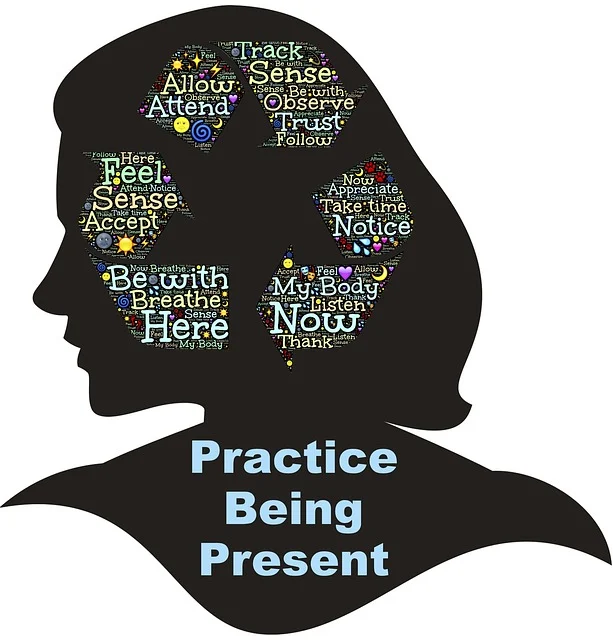A university professor in the humanities department gives the readers of The View from the Ark of the Catholic Times a look at the Korean Family.
We often interpret family as a group made up of marriage, blood, and adoption. The modern nuclear family is a family consisting of a husband and wife and their children. This family is interpreted as universal and ideal. However, the family is not static but has been changing, and in Korean society, the nuclear family is not the majority.
The Korean nuclear family is different from the Western nuclear family, where people become independent from their parents as adults. Adult children tend to have a strong bond with their parents. When parents and children do not have a good relationship, they are unable to exchange care or financial support, and poor families are vulnerable to social structures in society. Even if the nuclear family form is maintained, a mixed form with extended family has been maintained because the relationship with elderly parents is important. In addition, they placed great importance on the relationship between children and elderly parents for the care of the elderly is a child's filial duty.
However, children live independently after marriage, and elderly parents live as single-family households or as single-person households. The perception that not directly caring for sick elderly parents or entering a nursing home means being unfilial or being abandoned by one's children is also changing. Additionally, even if a family member takes care of the child, they are supported by the nursing care system. Nevertheless, family care responsibilities are still important, and those who take care of them are mainly women.
As of 2024, the form of the Korean family is becoming more and more diverse. The number of single-person households is increasing across all age groups, and the number of dual-income couples without children is also increasing. In cases where three generations live together, the purpose is to support child care for children of dual-income couples rather than for elderly parents to receive care. Nevertheless, women sometimes stop their careers after giving birth to children and live the life of a full-time housewife, or later find employment in menial jobs or care-related jobs.
Women who fear losing their work and independence by dedicating themselves to caring and marriage choose not to marry, are at times criticized as selfish women. Although women's higher education has increased, work is interpreted as not being as important to women as it is to men, and the breadwinners are still men.
A happy family is a relationship in which family members share economic interests and emotional support. Single-person households may form relationships with companion animals or live alone and maintain relationships through loose solidarity with other people. The choice to focus on one's work and life cannot be criticized as selfish. Most married men are too busy working to spend much time with their families, but they are not accused of being selfish. The reason they can maintain a family is because they have a wife who is a full-time housewife who is devoted to the family.
People who value family values think of the nuclear family as a normal family and may be prejudiced against families that are not part of the nuclear family. Pity is at times no different from forms of discrimination by the privileged. In a marriage, respecting and considering each other is important. However, there are also families whose parents have passed away or who cannot live with their parents.
The professor had a friend in college who never talked about her family. That's because that friend's father died when she was young. Later, her friends felt sorry for talking immaturely about their parents in front of her. There was no reason why that friend couldn't talk about her family to her heart's content. However, the image of a happy family had put a burden on the friend.
Children who receive nurturing, and financial support and feel the love of their parents, are more likely to live emotionally stable lives. However, people who grow up in families where this is not the case are not necessarily unhappy. Children from poor families, divorced families, or single-parent families can become more independent and mature in overcoming their difficulties. However, She hopes that acquaintances, neighbors, and churches will break away from prejudices towards these families— seeing them as deficient and problem families and become role models for them and become communities of empathy and care.






